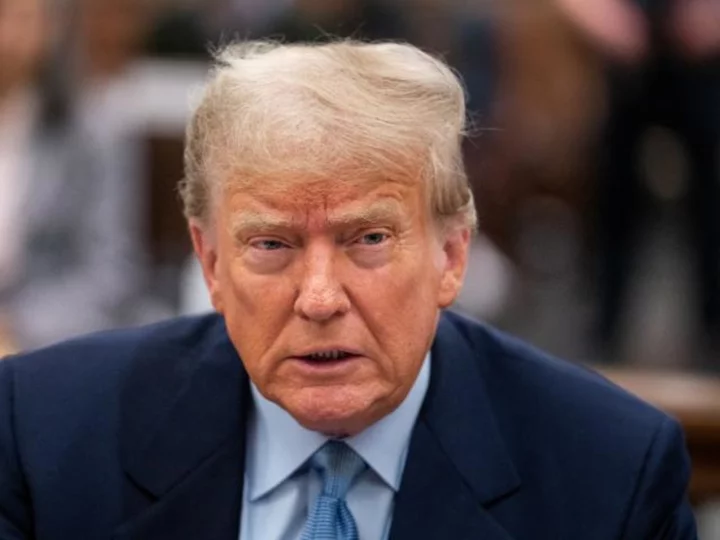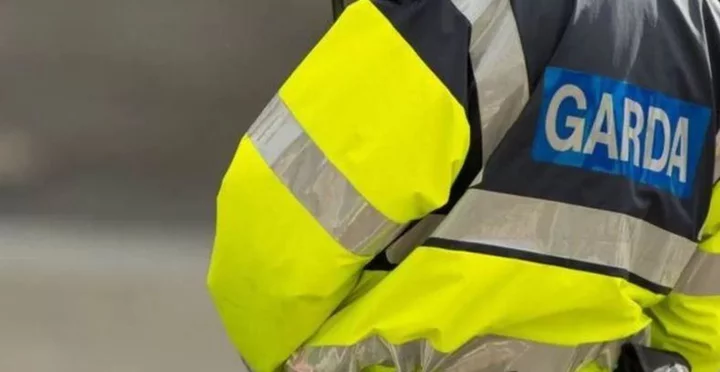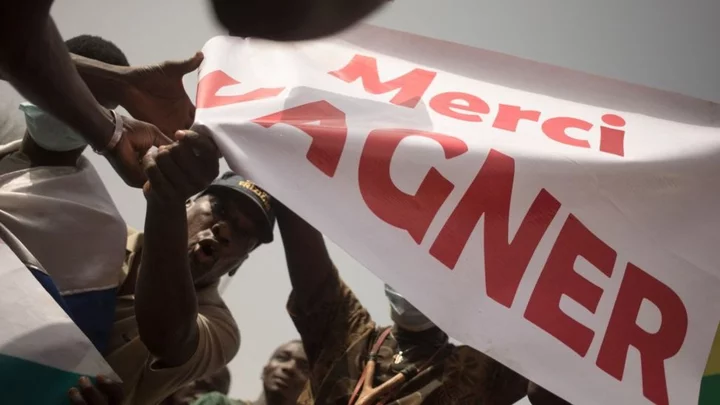In a slew of court filings late Monday, attorneys for Donald Trump filed several motions asking the judge overseeing the election subversion case in Washington, DC, to dismiss the charges against the former president on grounds that, among other things, they violate his First Amendment rights and are the product of a "selective and vindictive prosecution."
"Countless millions believe, as President Trump consistently has and currently does, that fraud and irregularities pervaded the 2020 Presidential Election," his attorneys wrote. "As the indictment itself alleges, President Trump gave voice to these concerns and demanded that politicians in a position to restore integrity to our elections not just talk about the problem, but investigate and resolve it."
His attorneys argued that "the First Amendment embraces and encourages" Trump's actions in the wake of the 2020 election, adding that because of the "tradition of forceful political advocacy" in the US, the former president "lacked fair notice that his advocacy in this instance could be criminalized."
The court, his attorneys wrote, should therefore dismiss the charges "under the Due Process clause as well."
Trump's attorneys also said the counts against him should be dismissed because the indictment itself fails to prove the charges, arguing that --among other things -- the indictment never claims Trump used "deceit or trickery" in allegedly setting up the alternate slate of electors following Joe Biden's electoral victory.
Within the plethora of legal arguments as to why the charges against Trump should be dismissed, his attorneys also argued that the prosecution itself essentially amounts to a political hit job.
"Three days after President Trump formally announced his candidacy, the Special Counsel was put in place as part of a flawed effort to insulate Biden and his supporters from scrutiny of their obvious and illegal bias," his attorneys wrote, adding that the prosecution against Trump for actions he took while president show a selective prosecution from special counsel Jack Smith.
Trump's attorneys, in their filings, also moved to strike allegations around the January 6, 2021, US Capitol attack mentioned in the indictment against him, arguing that Trump is not being charged "with responsibility for the actions at the Capitol" and that such mentions of the January 6 attack could be "highly prejudicial" against him.
"Allegations in the indictment relating to these actions, when President Trump has not been charged with responsibility for them, is highly prejudicial and inflammatory because members of the jury may wrongfully impute fault to President Trump for these actions."
Trump faces four counts in the case, including conspiring to defraud the United States and to obstruct an official proceeding -- the latter a charge that has already successfully been brought against rioters who breached the Capitol on January 6. The former president pleaded not guilty in August.









